SC Grants Interim Protection to Ex-Telangana Intelligence Chief in Phone Tapping Case
- ByAdmin --
- 31 May 2025 --
- 0 Comments
The Supreme Court of India has recently granted interim protection from arrest to a former Intelligence Chief of Telangana in connection with an alleged phone tapping case. This case has brought significant legal and constitutional questions to the forefront, particularly regarding the balance between national security, individual privacy, and the limits of executive powers.
Case Background
- Allegations of Unauthorized Phone Tapping: The case revolves around allegations that the former Intelligence Chief oversaw the unauthorized interception of communications, purportedly for political and personal advantages.
- Filing of FIR: The complaint was filed by an opposition leader, citing violations under the Indian Telegraph Act, 1885, and the Information Technology Act, 2000. The charges include breach of privacy and misuse of state machinery.
- Judicial Intervention: After initial investigations, the accused moved the High Court for relief. However, with limited reprieve, the matter escalated to the Supreme Court.
Supreme Court’s Observations
The Supreme Court’s bench, led by Justice [Name], emphasized the need to protect individual rights while ensuring a thorough and fair investigation. The Court granted interim protection to the accused, directing law enforcement agencies to refrain from taking coercive steps pending further hearings.
Legal Framework and Key Issues
The case hinges on several legal provisions and constitutional principles:
- Indian Telegraph Act, 1885:
- Section 5(2): Allows interception of communications in cases of public emergency or public safety. However, misuse of this provision for personal or political motives contravenes its intent.
- Information Technology Act, 2000:
- Section 66: Penalizes unauthorized access to computer resources, which could apply to digital phone tapping.
- Section 69: Grants the government power to intercept or monitor digital communications under specific conditions.
- Right to Privacy:
- Recognized as a fundamental right under Article 21 of the Constitution in the landmark case K.S. Puttaswamy v. Union of India (2017). Unauthorized phone tapping directly challenges this right.
- Separation of Powers:
- Articles 50 and 14 of the Constitution highlight the necessity of checks and balances in governance, raising concerns over the potential misuse of executive powers in surveillance activities.
Implications of the Supreme Court’s Order
- Safeguarding Individual Liberties: The interim relief underscores the judiciary’s commitment to protecting individuals against potential abuse of power.
- Ensuring Fair Investigation: The order ensures that investigations proceed without undue harassment or bias against the accused.
- Setting Precedents: This case could establish important legal precedents for future cases involving allegations of misuse of surveillance powers.
- Legislative Oversight: The case highlights the need for stronger legislative frameworks and oversight mechanisms to regulate interception practices and prevent misuse.
Challenges and Criticism
- Delay in Justice: Critics argue that interim protections may lead to procedural delays, potentially impacting the investigation.
- Ambiguities in Laws: Vague definitions and lack of specificity in existing laws like the Indian Telegraph Act make enforcement and adjudication complex.
- Balance of Power: Questions arise about maintaining a balance between executive discretion in surveillance and judicial scrutiny.
Conclusion
The Supreme Court’s intervention in granting interim protection reflects the judiciary’s pivotal role in upholding constitutional values. As the case progresses, it is likely to delve deeper into the tension between state surveillance and individual privacy. The outcome could have far-reaching consequences for the interpretation of privacy rights and the accountability of law enforcement agencies.





































































































































































































































































































































































































































































































































































































































































































































































































































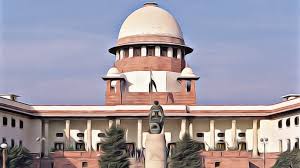

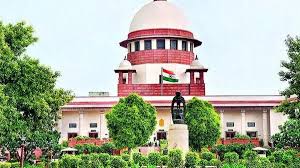









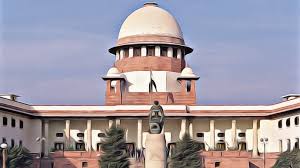




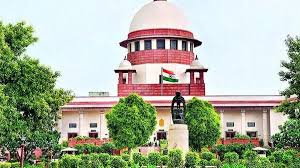




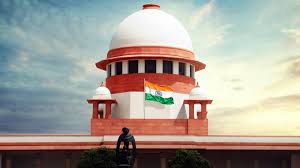



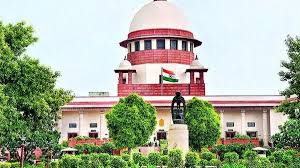


















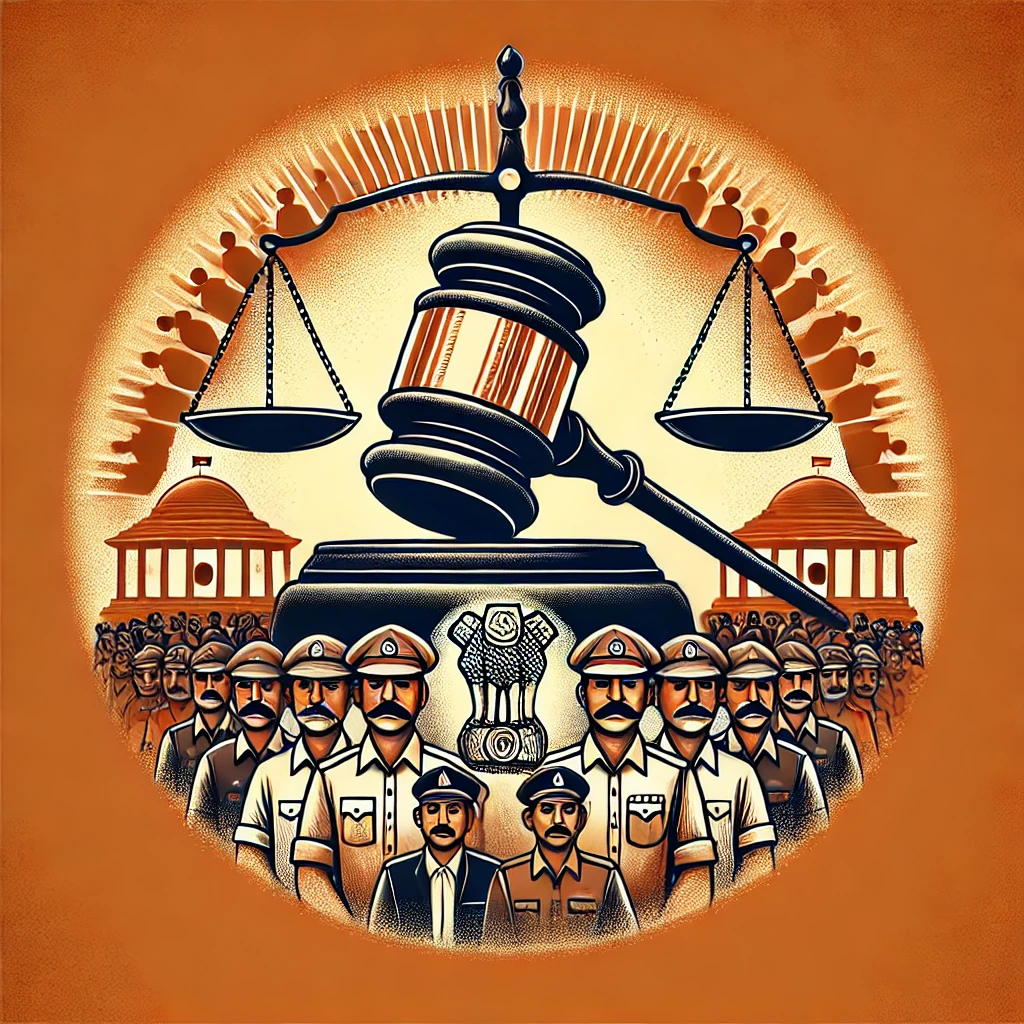


















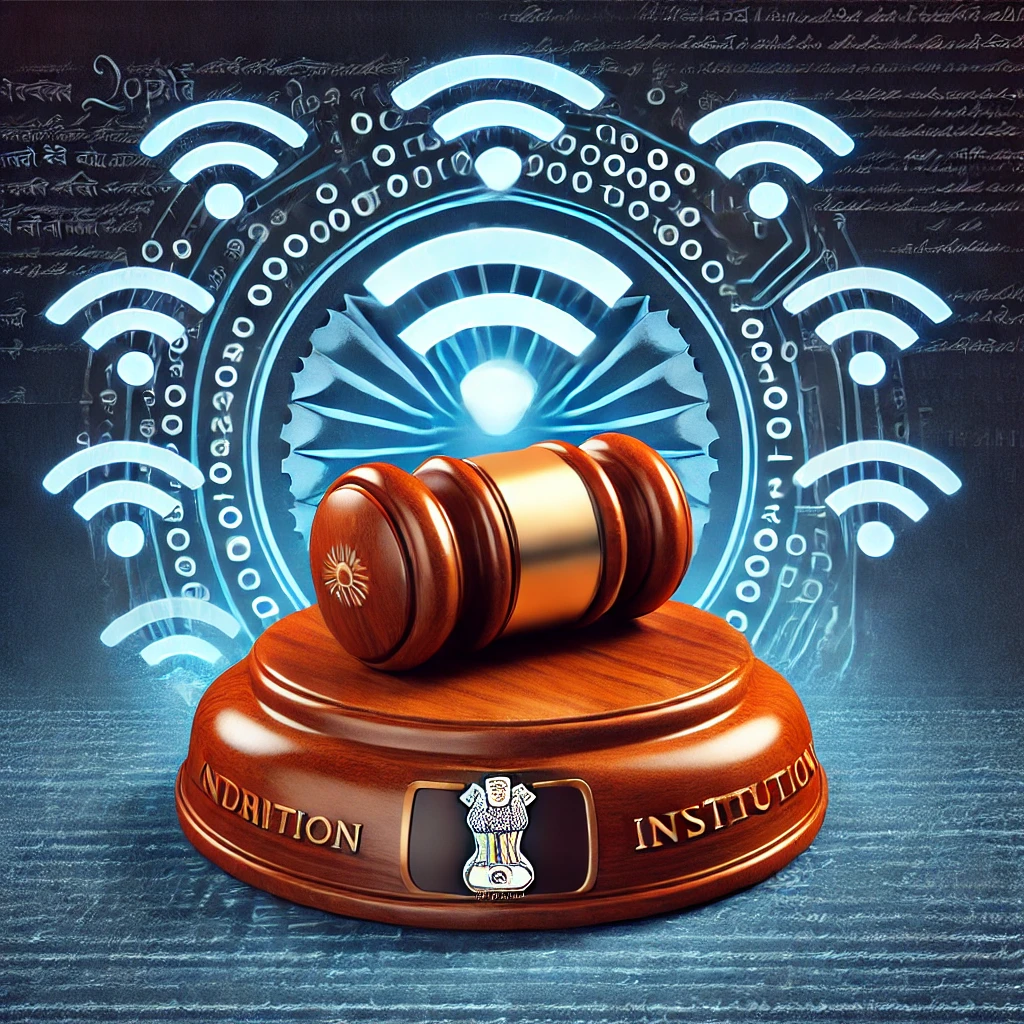


























0 comments